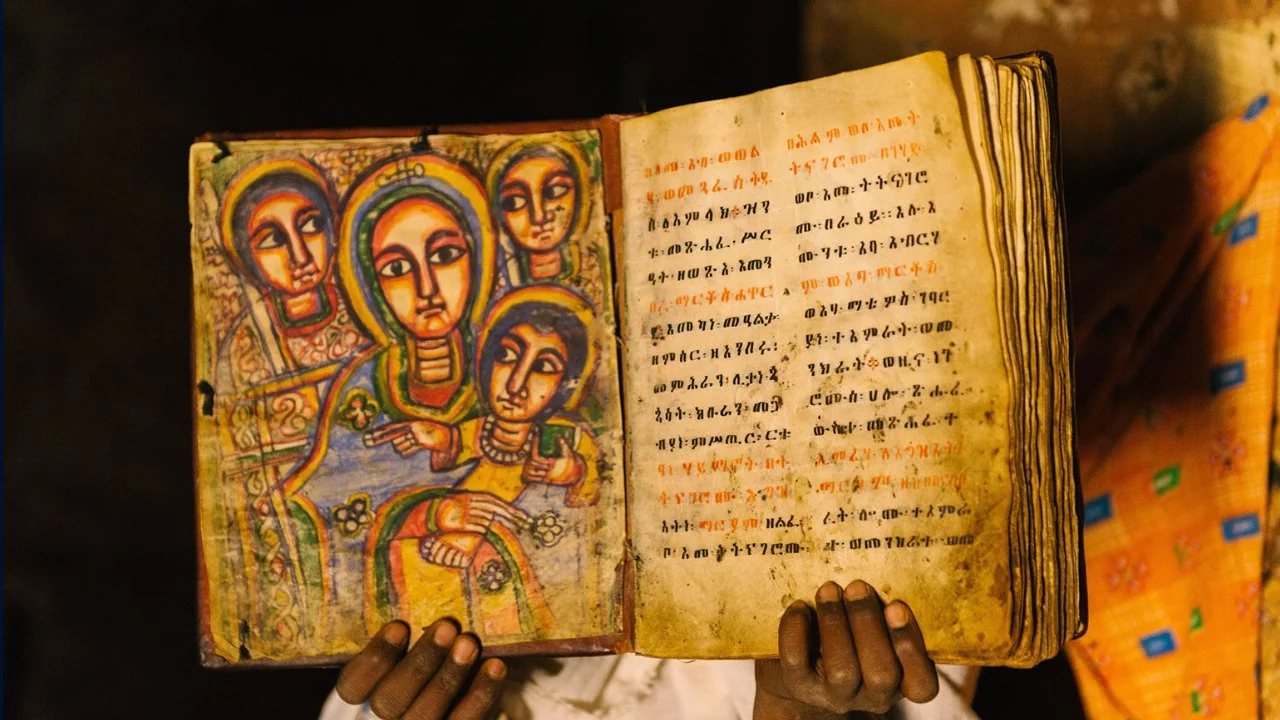Author: David Wilber
Ravi Zacharias had a profound impact on my life. His sermons helped spark my interest in Christian apologetics. When I was struggling with strong doubts at a particular time in my life, the Lord used Ravi’s messages to help me resolve difficult questions that had been plaguing me. So when the truth came to light about Ravi’s secret life—his predatory behavior toward women, his spiritual abuse and manipulation, his persistent adultery and deception—I was deeply grieved, to say the least.
I know that many others share this grief. Ravi’s ministry has impacted many people worldwide, and they are now just as shocked and hurt as I am. We feel personally betrayed. Ravi preached the truth and inspired us to live for the Lord while he dishonored the Lord and hurt others in secret.
There are a lot of questions that arise from such a scandal. This article is just my attempt to work out my own questions and reflect on what lessons we can and must learn from this tragic situation.
First, for those of us who had been positively impacted by Ravi’s teachings, how do we make sense of our conflicted feelings? A spiritual leader we admired and who helped us in our relationship with God is not the person we thought he was. Was Ravi sincere in what he claimed to believe, or was he a complete fraud? We can’t know his heart. But we can know that many of the things he taught were true, regardless of how flawed the messenger was. Man’s failures do not overthrow the truth of the Gospel.
At the very least, this scandal is a reminder that our faith is not in man but in the Messiah. Human leaders will fail and betray us. The Bible is full of such stories, illustrating how corrupt human nature can be. We shouldn’t be shocked when these scandals occur. Yeshua the Messiah, on the other hand, lived a perfect, sinless life. He never preyed on anyone but always sought to minister to and heal broken men and women. While He may have used fallen men like Ravi to reach us, Yeshua is our Savior and Lord in whom we place our complete trust—and He will never let us down.
Second, as the truth is coming to light about Ravi, perhaps we can take this moment as an opportunity to look inside our own hearts. We’ve all sinned and fallen short. We’ve all hurt others. But forgiveness and reconciliation with God are available when we repent. If there is a secret sin you’ve been hiding, now is the time to confess it. It is better to do it now than having your sins found out after your death. If you take your sins with you to your grave like Ravi seems to have done, not only will you face the judgment of God, but also your legacy and life’s work may be completely overshadowed. Better to come clean now while your life and reputation can be salvaged—and more importantly, while you can get right with God and anyone else before it’s too late.
Third, what do we do about Ravi’s many books and teachings, which are full of useful material? Can they still be utilized or recommended? I recently wrote about Cancel Culture and how it is inconsistent with Christian values. My sister commented on my article and said that some homeschoolers she knew chose to eliminate Ravi’s books from their curriculum because of his uncovered sins. She asked me if that was an example of “Christian Cancel Culture.”
I can’t answer for anyone else, but I personally will no longer use or recommend Ravi’s work. There is a reason that the Bible says leaders must be above reproach and are judged with greater strictness. I used to quote Ravi in my sermons and articles. I won’t anymore because I don’t want to take the chance of putting an unnecessary stumbling block before my audience or risk re-traumatizing victims by giving the impression that I don’t take abuse seriously. I will use and quote from other resources from now on.
Is that “Cancel Culture?” No, Cancel Culture is something altogether different. For one, it isn’t based on actual morality but on subjective, ever-changing cultural trends. Christians and conservatives are “canceled” for merely proclaiming objective truths such as men are not women. Also, because a post-truth society drives Cancel Culture, it is inconsistently enforced. Only people with the “wrong” religious and political views can be canceled; Leftist secular humanists can do and say whatever they want and face zero consequences. Finally, Cancel Culture leaves no possibility for redemption and restoration. Had Ravi come clean before his death and genuinely repented, many people probably wouldn’t be so opposed to utilizing his resources. So Christianity allows for the possibility of restoration when there is genuine repentance. Those are just some of the ways Christian accountability is different from Cancel Culture.
Fourth, we need to be more courageous and stand up for what’s right, even when it’s unpopular and even when we know we’ll face pushback. In cases of corruption and moral failure on the part of a respected leader, you should expect to be marginalized and disparaged by their supporters for daring to ask questions (ask me how I know). This is because people feel like they need to defend against any threat to the work of the “ministry” (or whatever other cause). If people feel like they are part of some movement or group they believe in, and there is a threat to their cause, they are often willing to justify bad behavior, look the other way, and even try to silence those who speak out. Meanwhile, people are being hurt, and God’s name is being profaned. Yes, it is incredibly difficult, but do not let it stop you from doing what’s right. You might make a difference and truly help people.
This was a difficult article to write, but I hope that you find it helpful as you navigate this tragic news. Men have and will fail, but Yeshua the Messiah is faithful. He will never betray you.
About David Wilber
David is first and foremost a passionate follower of Yeshua the Messiah. He is also a writer, speaker, and teacher.
David’s heart is to minister to God’s people by helping them rediscover the validity and blessing of God’s Torah and help prepare them to give an answer to anyone who asks about the hope within them (1 Peter 3:15)…












